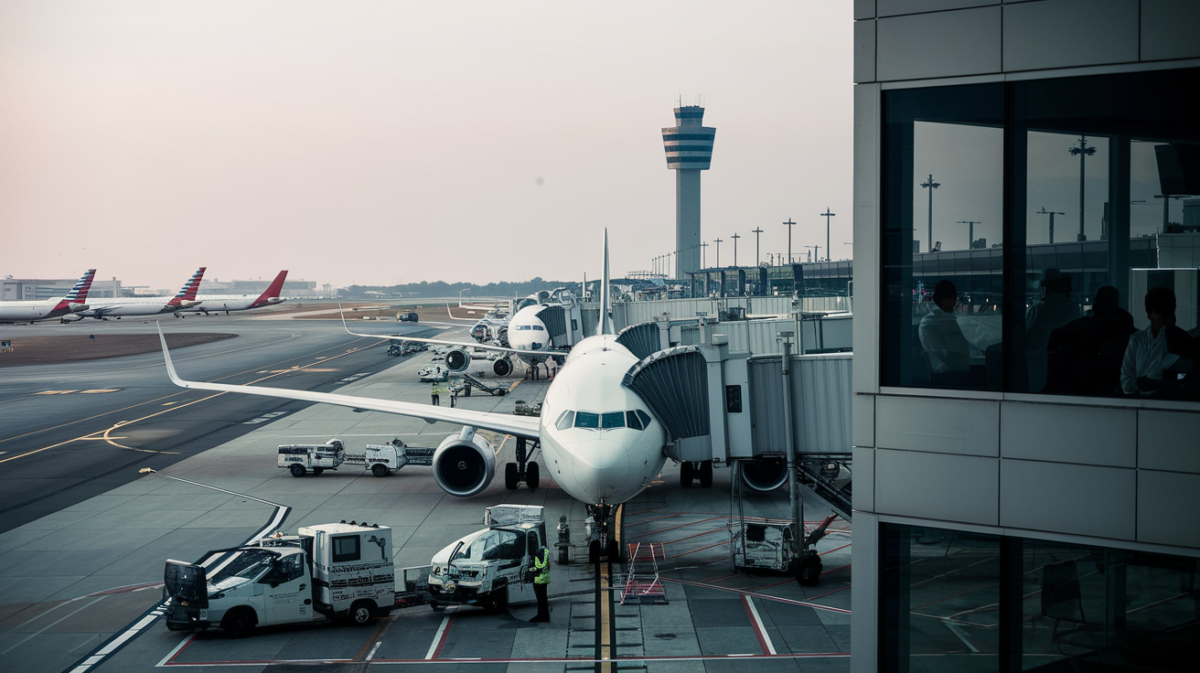Hundreds of Flights Disrupted as FAA Works to Resolve Problem
On May 11, 2025, Hartsfield-Jackson Atlanta International Airport, one of the busiest airports in the world, experienced significant flight delays due to a runway equipment malfunction. The Federal Aviation Administration (FAA) confirmed that technicians were deployed to address the issue, but not before over 200 departing flights and 250 arriving flights were delayed by early afternoon.
The disruption highlights the ongoing challenges faced by major airports, where even minor technical glitches can cascade into widespread delays. Atlanta’s airport, a critical hub for domestic and international travel, has been no stranger to such incidents, with weather-related disruptions adding to the strain in recent years.
Passenger Frustrations Mount Amid Delays
Travelers at the airport reported long wait times and limited communication from airlines. “I’ve been here for hours, and no one can tell me when my flight will take off,” said one frustrated passenger. Similar scenes unfolded during a winter storm in January 2025, when over 1,500 flights were canceled, leaving passengers stranded for hours.
Key issues reported by passengers include:
- Lack of real-time updates from airlines
- Overcrowded terminals due to delayed flights
- Difficulty rebooking or securing accommodations
Recurring Challenges for Atlanta Airport
This latest incident is part of a pattern of operational challenges at Hartsfield-Jackson. The airport has faced repeated disruptions, often exacerbated by severe weather. For example:
| Date | Incident | Impact |
|---|---|---|
| January 2025 | Winter storm | 1,500+ flights canceled |
| July 2024 | Power outage | 300+ flights delayed |
| May 2025 | Runway equipment failure | 450+ flights delayed |
Efforts to Improve Infrastructure and Communication
In response to these disruptions, the FAA and airport authorities have prioritized upgrades to infrastructure and communication systems. Measures include:
- Investing in more resilient runway equipment
- Enhancing real-time passenger notification systems
- Expanding contingency plans for extreme weather events
Despite these efforts, the frequency of disruptions underscores the need for continued investment. “Airports like Atlanta are the backbone of our transportation network, and they must be equipped to handle both routine and unexpected challenges,” said an aviation expert.
What Travelers Can Do
For passengers navigating delays, experts recommend:
- Checking flight statuses via airline apps or websites
- Signing up for text or email alerts from airlines
- Arriving early to allow for potential delays
- Packing essentials like medications and chargers in carry-on bags
As the FAA works to resolve the latest issue, travelers are advised to stay informed and patient. The airport’s reputation as a global hub means that disruptions here can ripple across the entire aviation network, affecting flights nationwide.
Looking Ahead
The recurring nature of these incidents raises questions about the long-term resilience of major airports. While upgrades are underway, the balance between rapid growth and reliable infrastructure remains a pressing challenge. For now, passengers and airlines alike must brace for the occasional turbulence—both in the air and on the ground.







